The true meaning of religion is thus, not simply morality, but morality touched by emotion
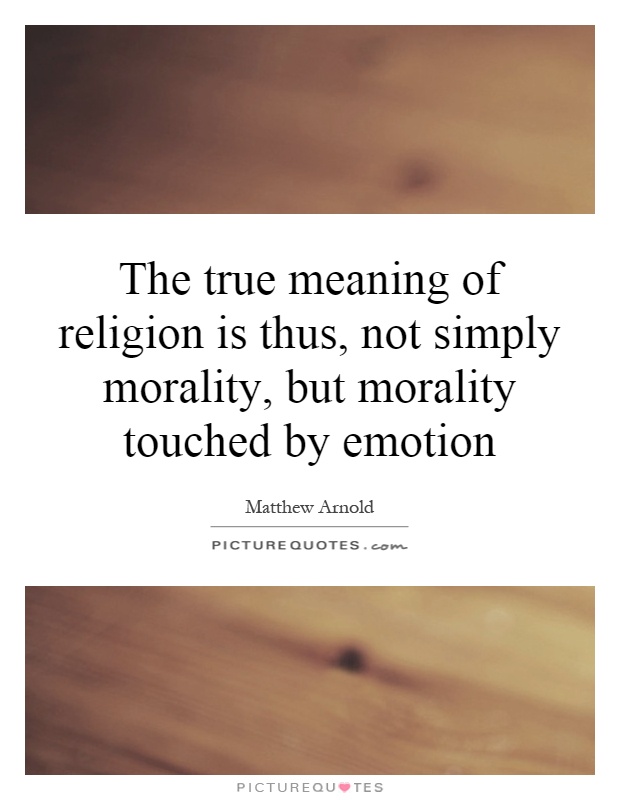
The true meaning of religion is thus, not simply morality, but morality touched by emotion
Matthew Arnold, a prominent 19th-century English poet and cultural critic, believed that the true essence of religion goes beyond mere moral codes and rules. In his writings, Arnold emphasized the importance of emotion in religious experience, arguing that morality must be infused with a deep sense of feeling in order to be truly meaningful and transformative.Arnold's views on religion were shaped by his broader critique of Victorian society, which he saw as increasingly materialistic and devoid of spiritual depth. In his seminal work, "Culture and Anarchy," Arnold argued that the prevailing emphasis on individualism and self-interest had eroded the moral fabric of society, leading to a sense of alienation and spiritual emptiness. In response to this cultural malaise, Arnold proposed a vision of religion that was rooted in a profound sense of emotional connection and moral responsibility.
For Arnold, religion was not simply a set of rules and regulations to be followed, but a way of life that was infused with a sense of awe, wonder, and reverence. He believed that true religion could only be experienced through a deep emotional engagement with the world and with one's fellow human beings. In his poem "Dover Beach," Arnold famously lamented the loss of faith and the erosion of traditional religious beliefs, but he also expressed a longing for a deeper, more authentic form of spirituality that transcended mere dogma and ritual.
Arnold's emphasis on the emotional dimension of religion was a radical departure from the prevailing attitudes of his time, which tended to view religion as a purely intellectual or moralistic pursuit. By highlighting the importance of emotion in religious experience, Arnold sought to reinvigorate the spiritual life of his contemporaries and to inspire a renewed sense of moral purpose and ethical responsibility.
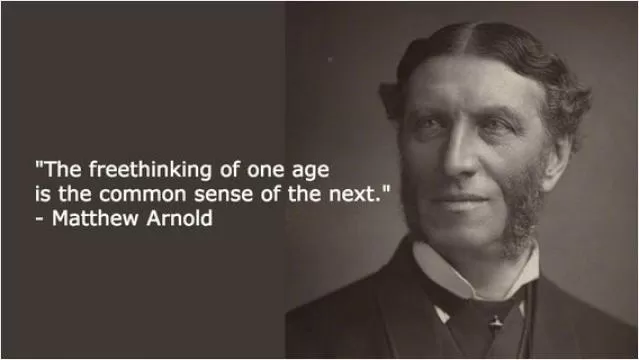
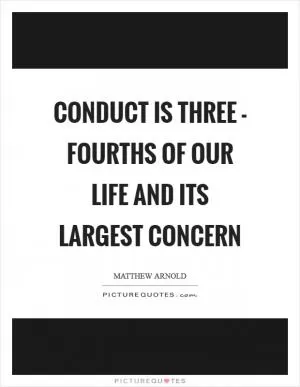




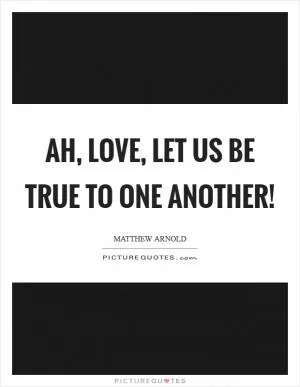


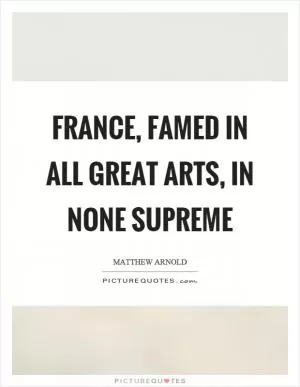

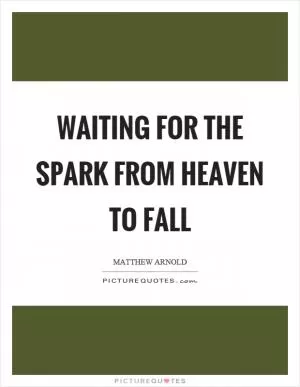
 Friendship Quotes
Friendship Quotes Love Quotes
Love Quotes Life Quotes
Life Quotes Funny Quotes
Funny Quotes Motivational Quotes
Motivational Quotes Inspirational Quotes
Inspirational Quotes